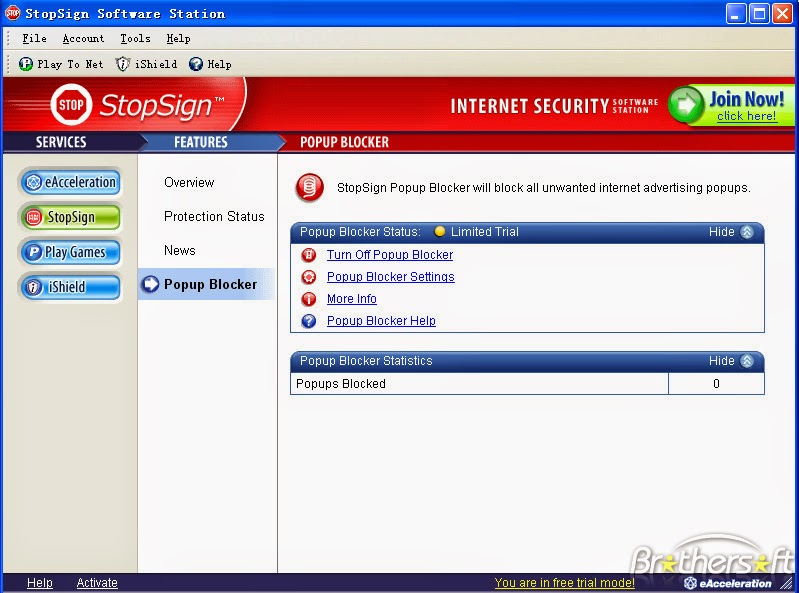Pop-up ads or pop-ups are often forms of online advertising on the World Wide Web intended to attract web traffic or capture email addresses. Pop-ups are generally new web browser windows to display advertisements. The pop-up window containing an advertisement is usually generated by JavaScript using cross-site scripting (XSS), sometimes with a secondary payload using Adobe Flash,but can also be generated by other vulnerabilities/security holes in browser security.
A variation on the pop-up window is the pop-under advertisement, which opens a new browser window hidden under the active window. Pop-unders do not interrupt the user immediately and are not seen until the covering window is closed, making it more difficult to determine which web site opened them.
Opera was the first major browser to incorporate tools to block pop-up ads; the Mozilla browser later improved on this by blocking only pop-ups generated as the page loads. In the early 2000s (decade), all major web browsers except Internet Explorer allowed the user to block unwanted pop-ups almost completely. In 2004, Microsoft released Windows XP SP2, which added pop-up blocking to Internet Explorer.
Most modern browsers come with pop-up blocking tools; third-party tools tend to include other features such as ad filtering.
Many people have trouble with Internet popups. Whether they're pornographic, spammy, or just plain unnecessary, popups are both a hassle and a danger to your computer. Popups, however, can be effectively neutralized with the right steps. By using the tips in this article, you should ensure that these popups will not do any harm to your computer, and stop popping up.
Here are some methods you can use:
1.
Enabling Popup Blocking from Within Your Browser
2.Choose a popup blocker extension that suits you and your browser
- Poper Blocker
- Adblock Plus
- Better Pop Up Blocker
- Flashblock
- NoScript






















